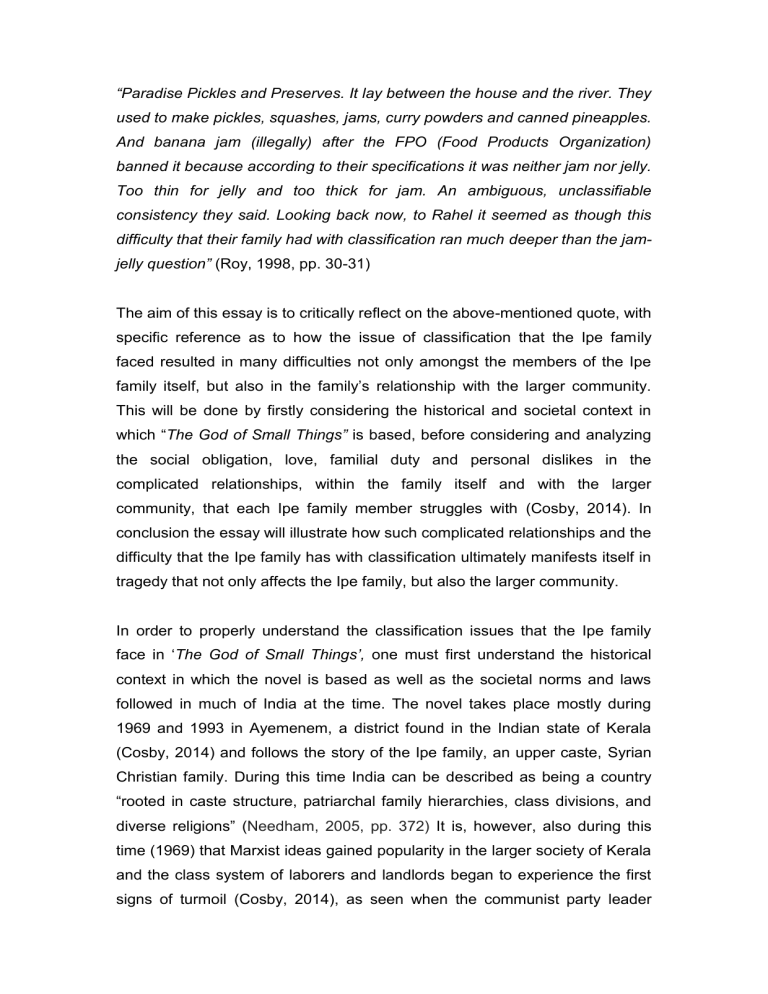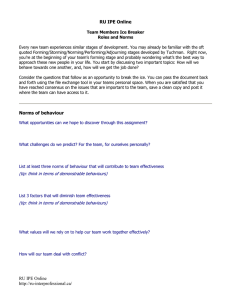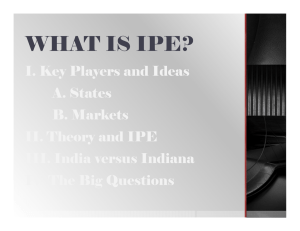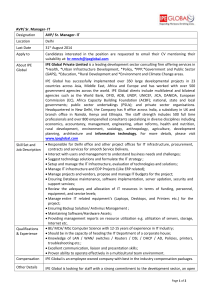
“Paradise Pickles and Preserves. It lay between the house and the river. They used to make pickles, squashes, jams, curry powders and canned pineapples. And banana jam (illegally) after the FPO (Food Products Organization) banned it because according to their specifications it was neither jam nor jelly. Too thin for jelly and too thick for jam. An ambiguous, unclassifiable consistency they said. Looking back now, to Rahel it seemed as though this difficulty that their family had with classification ran much deeper than the jamjelly question” (Roy, 1998, pp. 30-31) The aim of this essay is to critically reflect on the above-mentioned quote, with specific reference as to how the issue of classification that the Ipe family faced resulted in many difficulties not only amongst the members of the Ipe family itself, but also in the family’s relationship with the larger community. This will be done by firstly considering the historical and societal context in which “The God of Small Things” is based, before considering and analyzing the social obligation, love, familial duty and personal dislikes in the complicated relationships, within the family itself and with the larger community, that each Ipe family member struggles with (Cosby, 2014). In conclusion the essay will illustrate how such complicated relationships and the difficulty that the Ipe family has with classification ultimately manifests itself in tragedy that not only affects the Ipe family, but also the larger community. In order to properly understand the classification issues that the Ipe family face in ‘The God of Small Things’, one must first understand the historical context in which the novel is based as well as the societal norms and laws followed in much of India at the time. The novel takes place mostly during 1969 and 1993 in Ayemenem, a district found in the Indian state of Kerala (Cosby, 2014) and follows the story of the Ipe family, an upper caste, Syrian Christian family. During this time India can be described as being a country “rooted in caste structure, patriarchal family hierarchies, class divisions, and diverse religions” (Needham, 2005, pp. 372) It is, however, also during this time (1969) that Marxist ideas gained popularity in the larger society of Kerala and the class system of laborers and landlords began to experience the first signs of turmoil (Cosby, 2014), as seen when the communist party leader Comrade Pillai (whom also prints labels for Paradise Pickles) urges the other workers of Paradise Pickles on to revolution (Roy, 1998, p. 120). In addition to the historical context of the novel, the societal norms and practices of the time must too be considered. In fact, majority of the difficulties that the Ipe family face, with regards to classification, is the direct result of the implementation or transgression of such social norms and practices by the various members of the Ipe family. The novel focuses on how social norms influence every part of society; with rules dictating how each person should or should not act according to their gender, class division and most notably according to the caste system (Shakely, 2005, p.1). Whilst the Caste system was outlawed in the 1950’s, it still remained “strongly imprinted on the minds of the public” (Cosby, 2014) as seen through the ‘Love Laws’ – “the laws that lay down who should be loved, and how.” (Roy, 1998, p. 33) and the divide between Touchables (such as the members of the Ipe family) and Untouchables (a caste seen as extremely inferior) (such as Velutha and his father, Vellya Paapen)(Roy, 1998). As stated above, each of the Ipe family members struggle with social obligation, love, familial duty and personal dislike in their relationships (Cosby, 2014), most of the characters are forced to cross moral boundaries at some point throughout the novel (Shakely, 2005). The two types of morality (moral boundaries) that are dealt with and ultimately overlap throughout “God of Small Things”, is social morality, which can be defined as what a group thinks is good and right or the way one should behave” (Shakely, 2005) and individual morality, which can be defined as “what oneself thinks is the right way to act” (Shakely, 2005). The difficulties that the Ipe family face with classification is a result of the overlapping of two moralities mentioned above.


